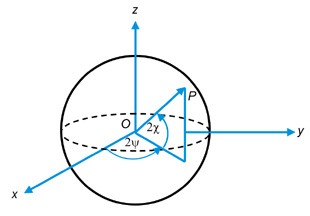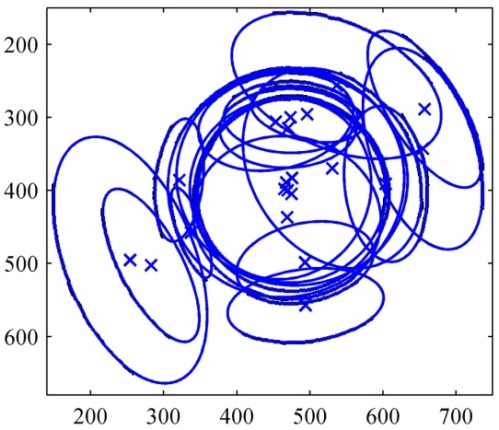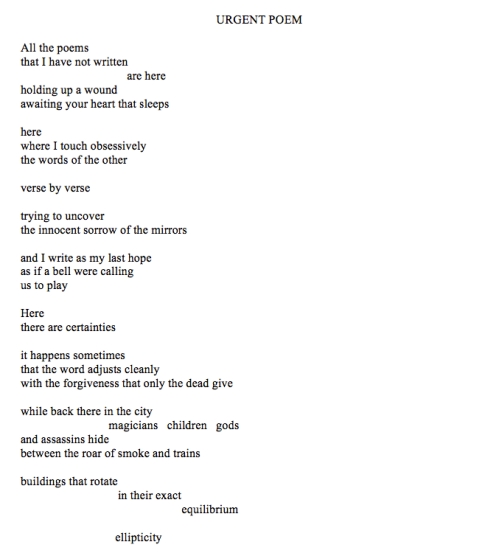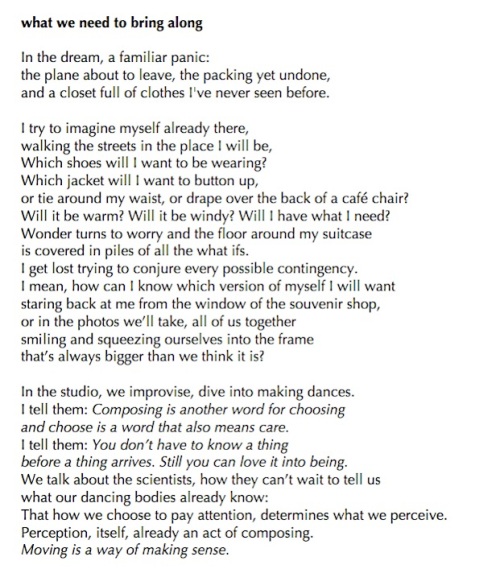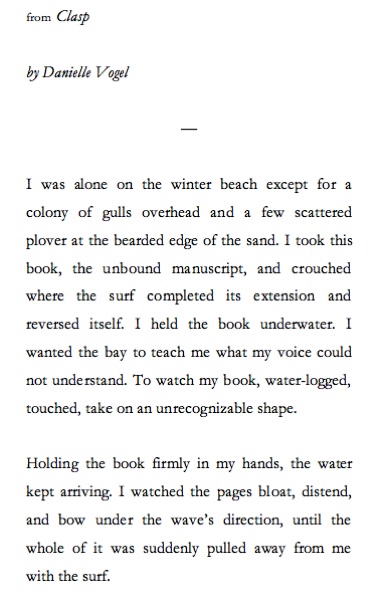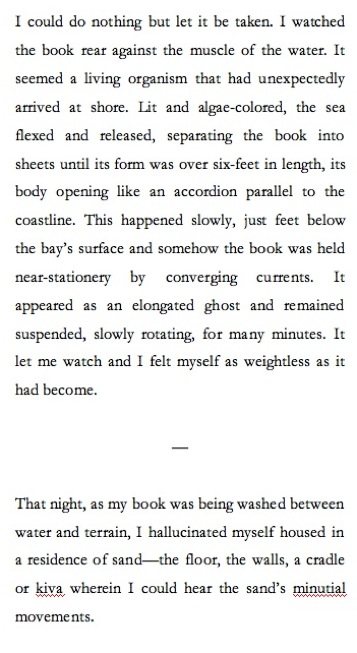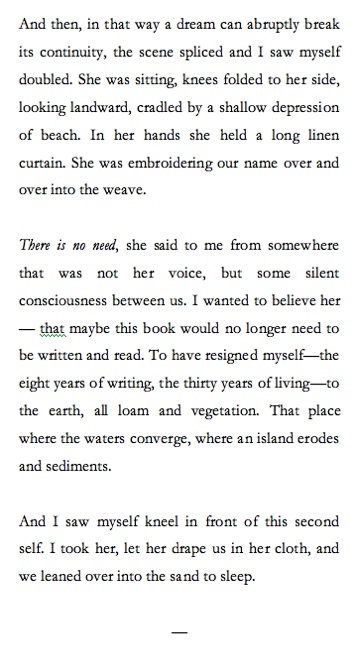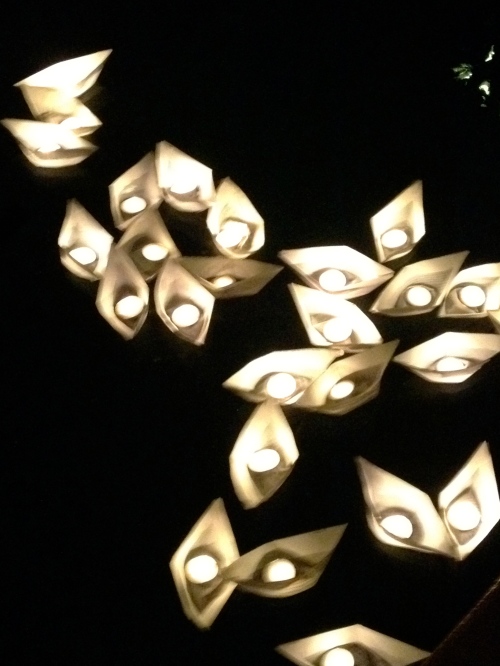Here we are on this bittersweet day: the last day of National Poetry Month and the last day of napomo at the dictionary project. Thank you for joining us as we have celebrated poetry and bibliomancy and the play and beauty that can come from constraint-based writing.
I always find it fascinating when the word that comes is scientific or mathematical in origin, as with our word today, which is explored through physics and geometry. Although not universally the case, so many of us word types were drawn to words not only out of a love of language and story but a clear sense of doom evoked from math and science. So I think it is an extra challenge to engage through words with concepts that may be outside of our normal day-t0-day processes and frameworks. But then again, when we are searching for understanding is when the most interesting metaphors and twists in language can arrive.
Please enjoy these poetic interpretations by Meg and Ari of this:
and this:
and this:
el·lip·tic·i·ty noun (i-ˌlip-ˈti-sə-tē) 1. deviation from perfect circular or spherical form toward elliptic or ellipsoidal form. 2. the degree of this deviation.
Ari Belathar is a Mexican poet and playwright in exile. Between 1994 and 2001, she facilitated creative writing and popular theatre workshops for indigenous women and children throughout Mexico. She was also a founding member of the first Mexican community radio station during the student strike at the National Autonomous University of Mexico in 1999. After being kidnapped and tortured by the Mexican National Army in 2001 due to her work as an independent journalist and human rights defender, she escaped to Canada, where she became a political refugee. A winning-artist participant in Artscape’s Gibraltar Point International Artists Residency Program, she has published poetry in literary journals and anthologies around the world. Belathar served as Writer-in-Residence through PEN Canada’s Writers in Exile Network at the University of Windsor and at Brandon University in Manitoba, the latter of which resulted in her first chapbook of poetry in English, The Cities I Left Behind. In Summer 2010, Scirocco Drama published The TAXI Project—a collective play about exile, originally produced by PEN Canada, with Belathar as lead–writer. The TAXI Project was performed by Alchemy Theatre in Toronto and toured high schools and community centres in ten southern Ontario cities and municipalities. In 2012, Belathar was selected as Alameda Theatre Company’s Playwright in Residency as well as being invited to be part of Cahoots Theatre Playwrights’ HotHouse Writing Unit. She is currently developing her first full-length play, La Danza del Venado, a multidisciplinary piece inspired by her own experience of crossing the Mexico/U.S. border into the United States as a child to reunite with her father. In 2013, Belathar lives and writes in Tucson, AZ.
Meg Wade was born and raised in the hills of East Tennessee. She received her MFA from the University of Arizona, where she was the recipient of the Academy of American Poets Prize. Meg is currently finishing her first full-length verse collection, Blame the Woods, and is the working Assistant Editor for an anthology of contemporary, rural American poetry titled, Hick Poetics, forthcoming from Lost Roads Press. Her recent work has appeared in CutBank, The Feminist Wire, and Phantom Limb, as well as work forthcoming in two anthologies set to be released from Locked Horn Press in 2014. Beginning this fall Meg will be the 2014-2015 Diane Middlebrook Poetry Fellow at the University of Wisconsin, Madison. For now, she lives, writes, and teaches in Tucson, Arizona.


